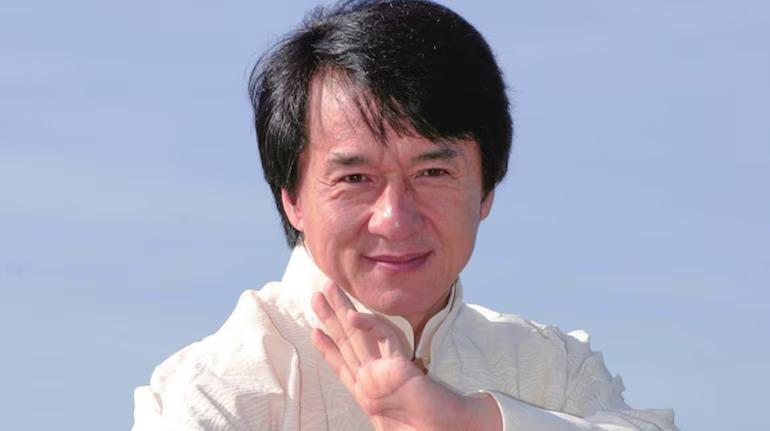
Businessmen Running Studios, Tough to Make Good Films Now: Jackie Chan
Jackie Chan, the legendary martial artist and actor, has spoken candidly about his concerns regarding the state of modern cinema. In a recent interview, he expressed his disappointment with the current film industry, stating that it has become increasingly difficult to make a good movie. According to Chan, the primary reason for this is the growing commercialization of filmmaking, with many studios now being run by businessmen rather than filmmakers.
The Hong Kong-born actor, who has been active in the film industry for over four decades, has seen the industry undergo significant changes over the years. He has worked with some of the biggest names in Hollywood, including Bruce Lee and Tom Hanks, and has been a part of numerous blockbuster films. However, in his recent comments, Chan expressed his frustration with the current state of the industry, stating that it has become more focused on making profits than creating meaningful stories.
“I think old movies are better than today,” Chan said in an interview. “Right now, a lot of big studios, they’re not filmmakers, they’re business guys. They’re making movies to make money, not to make art. And it’s very difficult to make a good movie now.”
Chan’s comments are not surprising, given the increasing reliance on franchise films and sequels in recent years. Many studios have become more focused on creating big-budget blockbusters that can rake in millions at the box office, rather than taking risks on smaller, more niche projects. This has led to a proliferation of formulaic, uninspired films that prioritize action and special effects over storytelling and character development.
Chan, who has been praised for his versatility as an actor, director, and martial artist, has always been known for his commitment to his craft. He has worked tirelessly to perfect his skills, taking on a wide range of roles and genres throughout his career. His iconic films, such as “Rush Hour” and “Shanghai Noon,” have become beloved by audiences around the world, and he has been recognized with numerous awards and accolades for his contributions to the film industry.
However, even Chan’s own experiences in Hollywood have not been immune to the pressures of commercialization. In his 2015 autobiography, “Never Grow Up,” he spoke about the struggles he faced in getting his projects greenlit, citing the industry’s emphasis on profit over art. “Hollywood is very mercenary,” he wrote. “They don’t care about the story, they only care about the money.”
Chan’s comments have sparked a wider conversation about the state of the film industry, with many in the industry echoing his concerns about the commercialization of filmmaking. Other notable figures, such as Martin Scorsese and Quentin Tarantino, have also spoken out about the challenges faced by filmmakers in today’s industry, citing the rise of streaming services and the increasing dominance of franchise films.
In an era where streaming services like Netflix and Amazon Prime have disrupted the traditional Hollywood model, the film industry is facing unprecedented change. While these services have brought new opportunities for creators and audiences alike, they have also raised concerns about the homogenization of content and the lack of creative freedom for filmmakers.
Chan’s comments serve as a reminder that, despite the many advances and innovations in the film industry, the core principles of storytelling and artistic expression remain just as important as ever. As the industry continues to evolve, it is crucial that filmmakers and studios alike prioritize these principles, taking risks on innovative projects and supporting emerging talent.
In conclusion, Jackie Chan’s comments about the state of modern cinema are a timely reminder of the importance of artistic expression in the film industry. As the industry continues to evolve and change, it is crucial that we prioritize the creation of meaningful stories and characters, rather than simply chasing profits. Only then can we ensure that the films we make are not just successful at the box office, but also leave a lasting impact on audiences and culture.
News Source:






